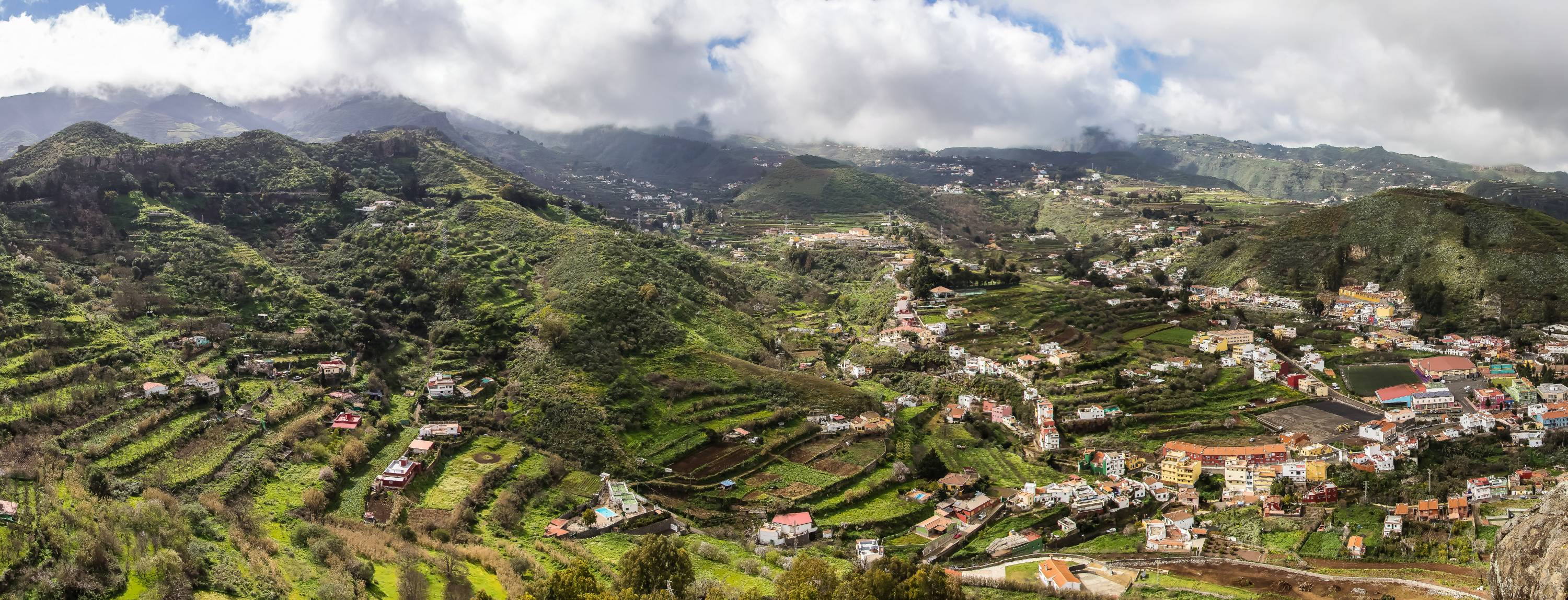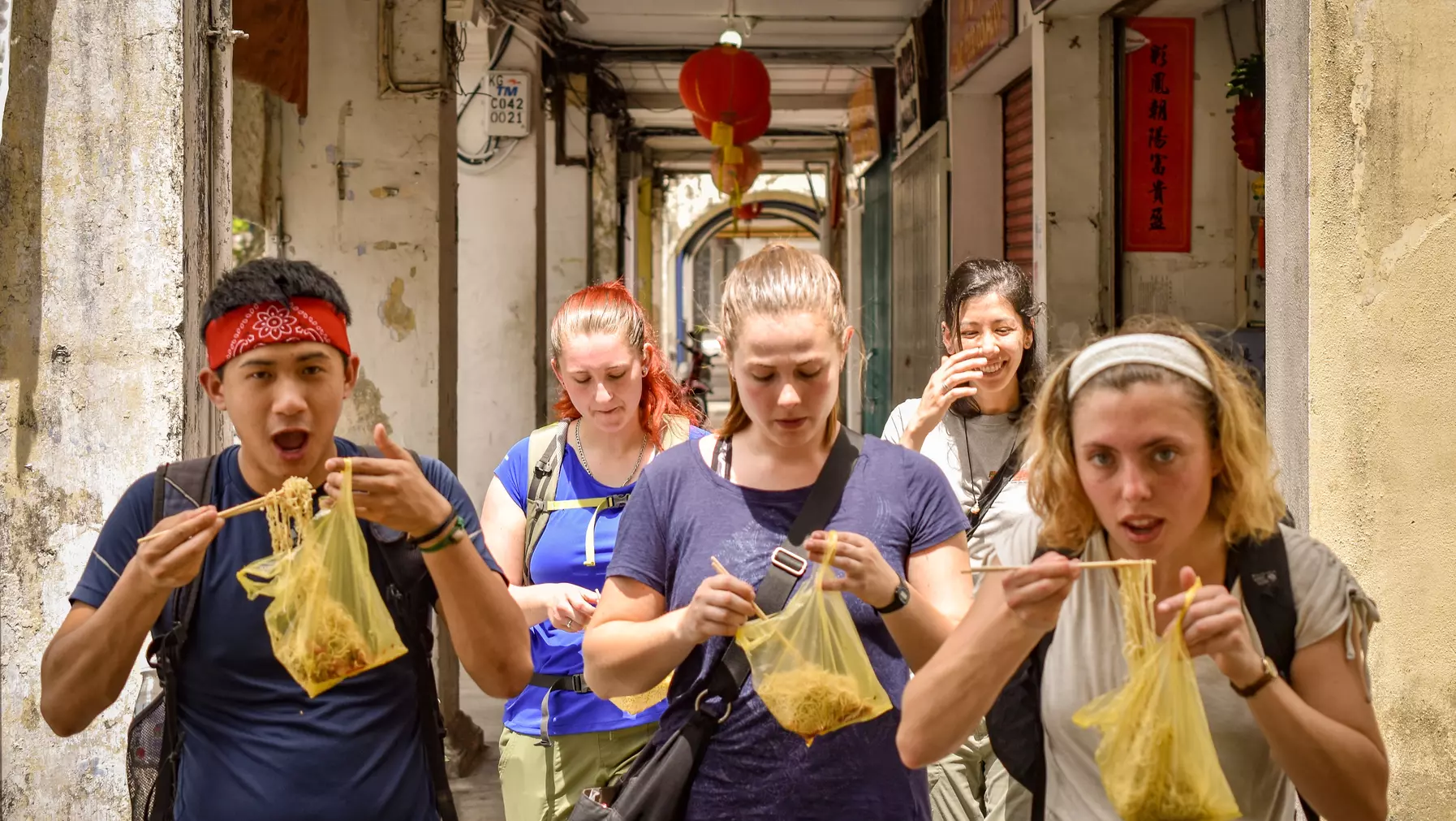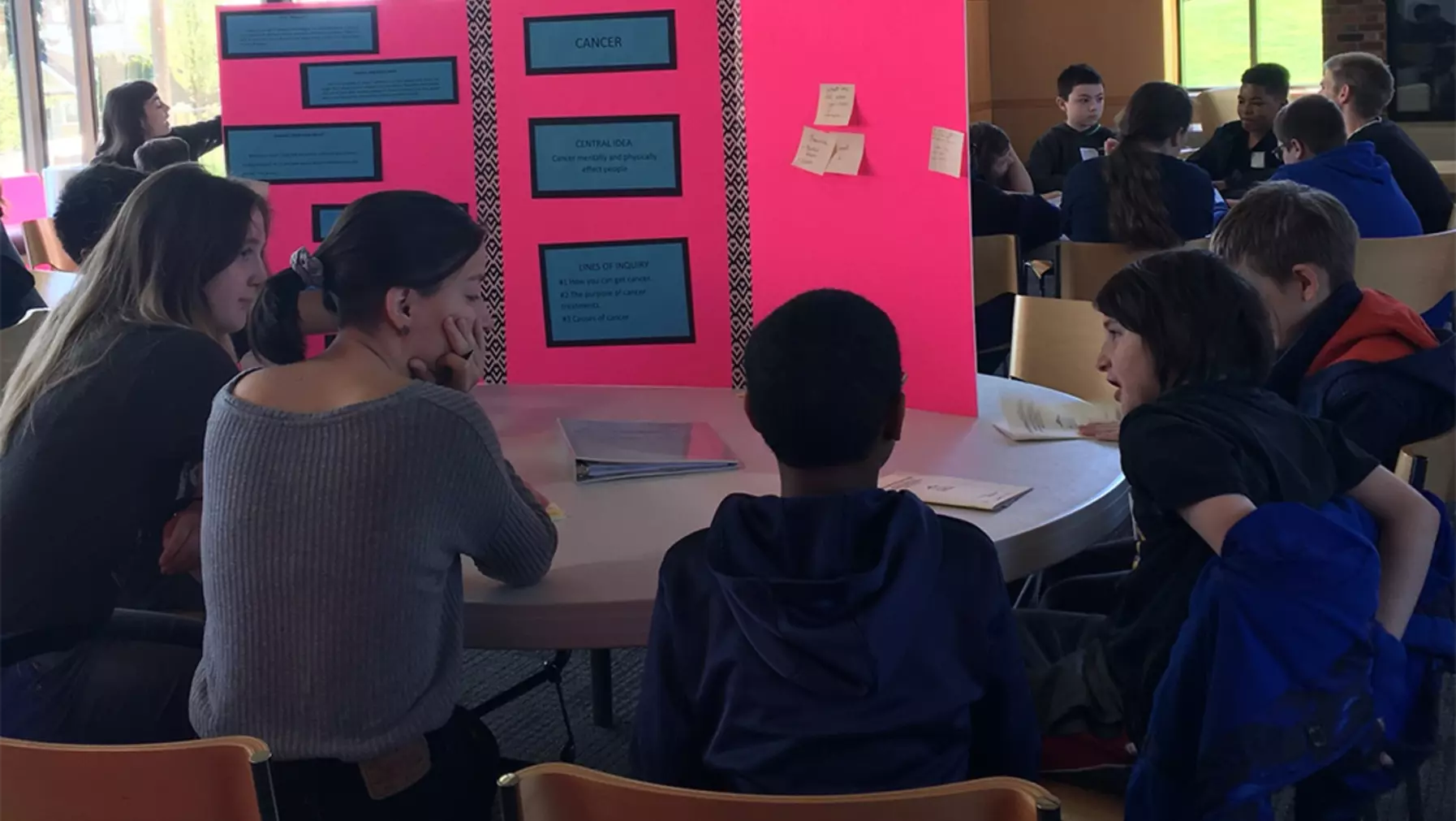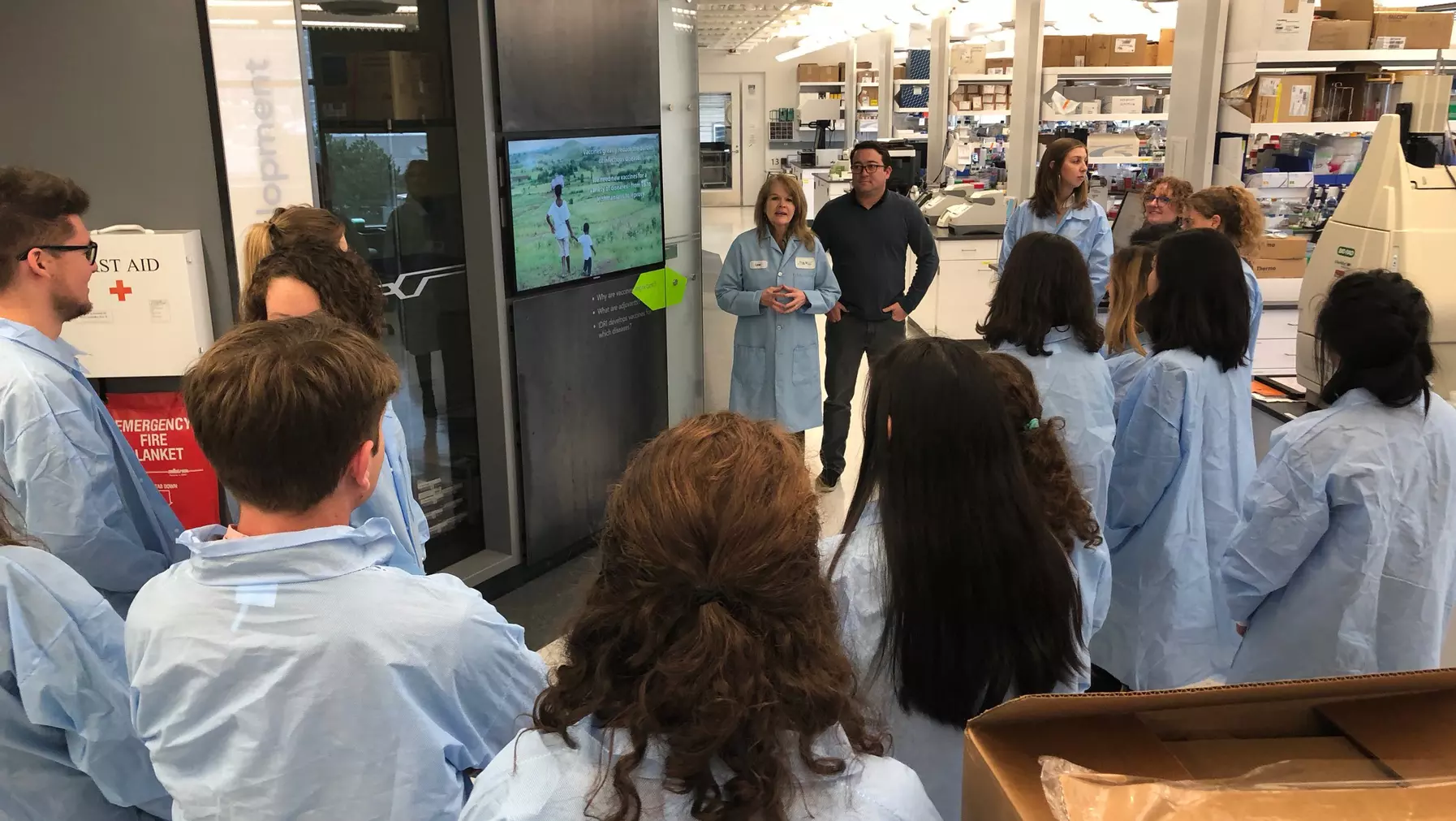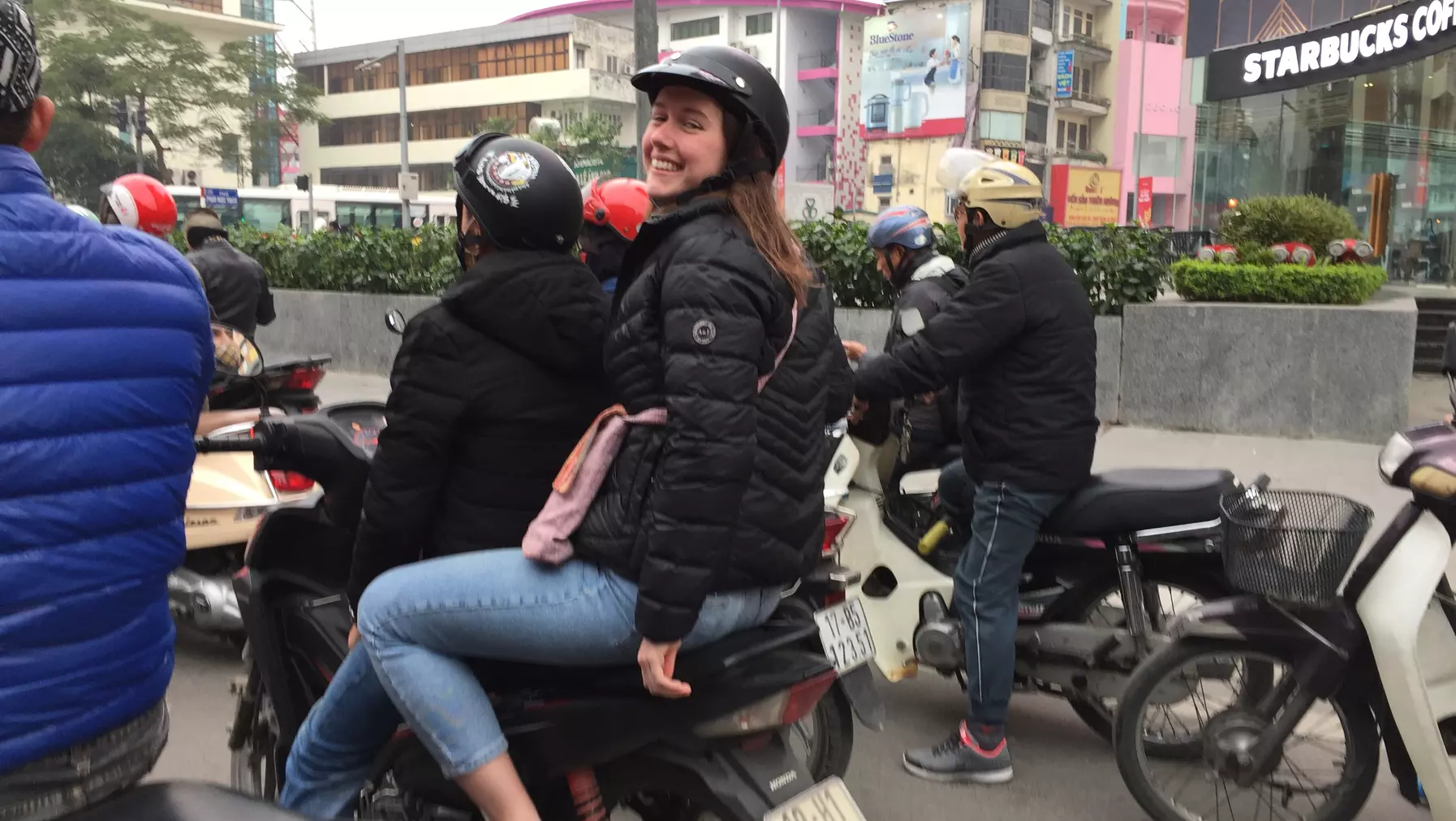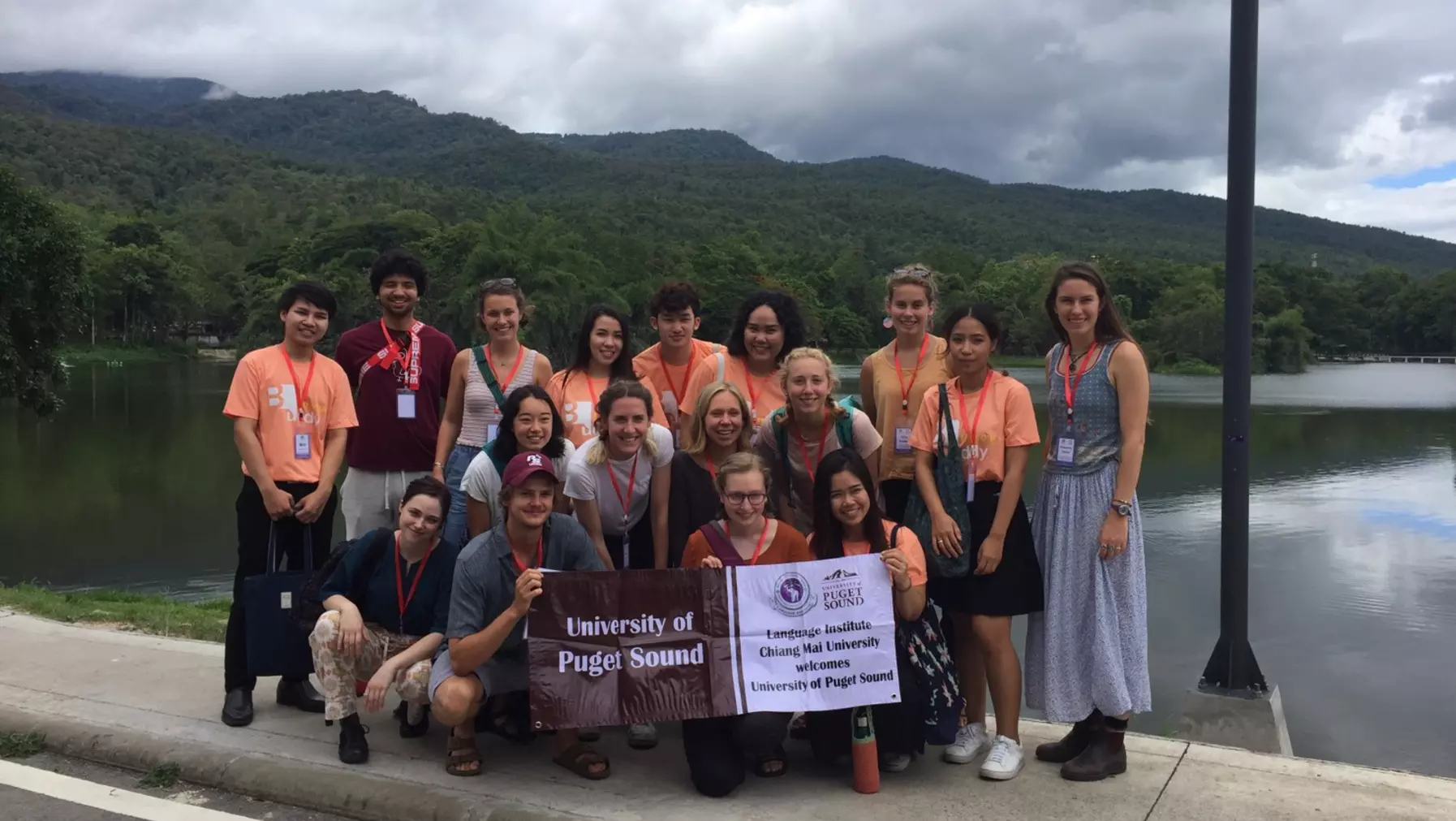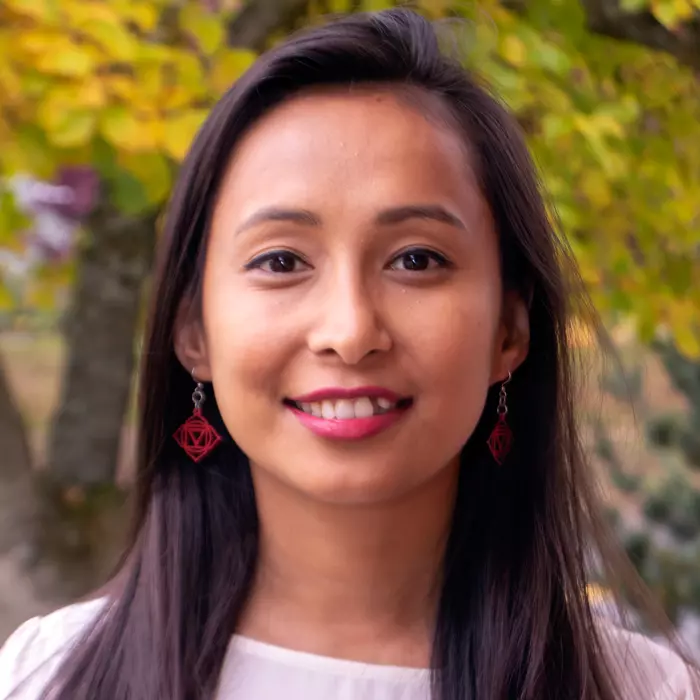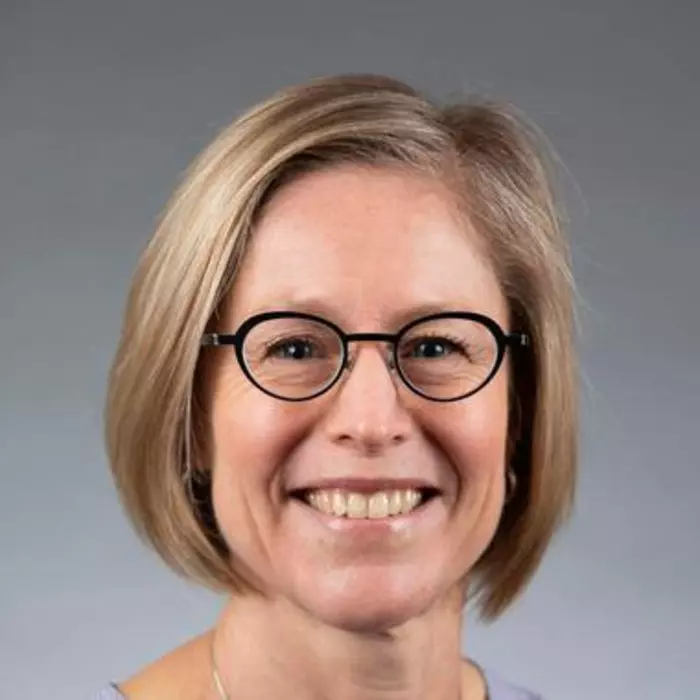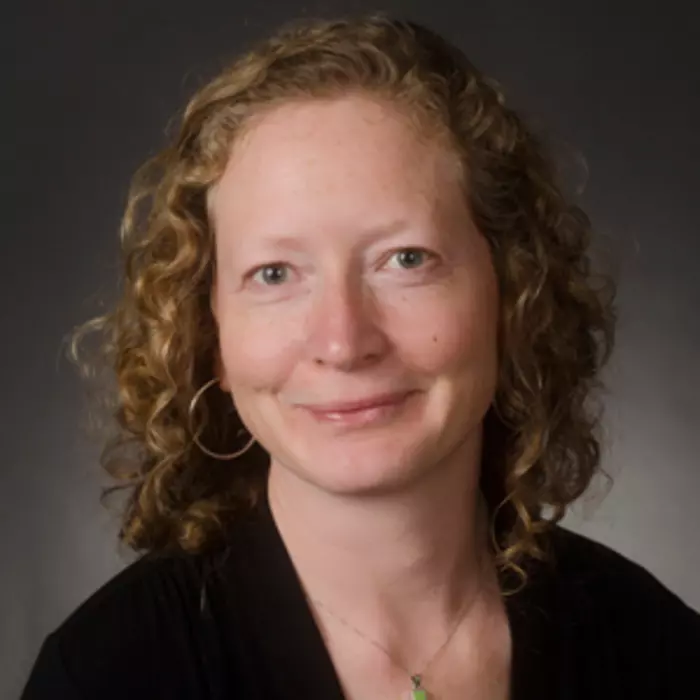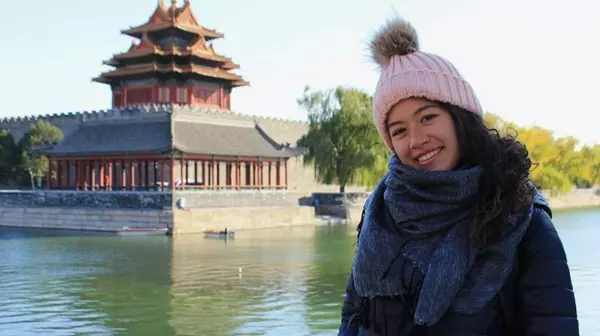What is the meaning of development? What are the trade-offs associated with industrialization, economic growth, and globalization? What are the political, economic, social, cultural, and environmental challenges faced by low-income countries?
The Global Development Studies (GDS) Program offers an interdisciplinary minor that focuses on the transformations associated with development. Since development entails transformations at the individual, local, national, and global levels, the program consists of courses that address multiple thematic and regional dimensions of development processes.
Courses in the program allow students to explore the empirical, philosophical, and policy dimensions of development. Faculty members at Puget Sound with development expertise teach in several departments and thus can provide students with a comprehensive set of skills and experiences for future development studies or work.
